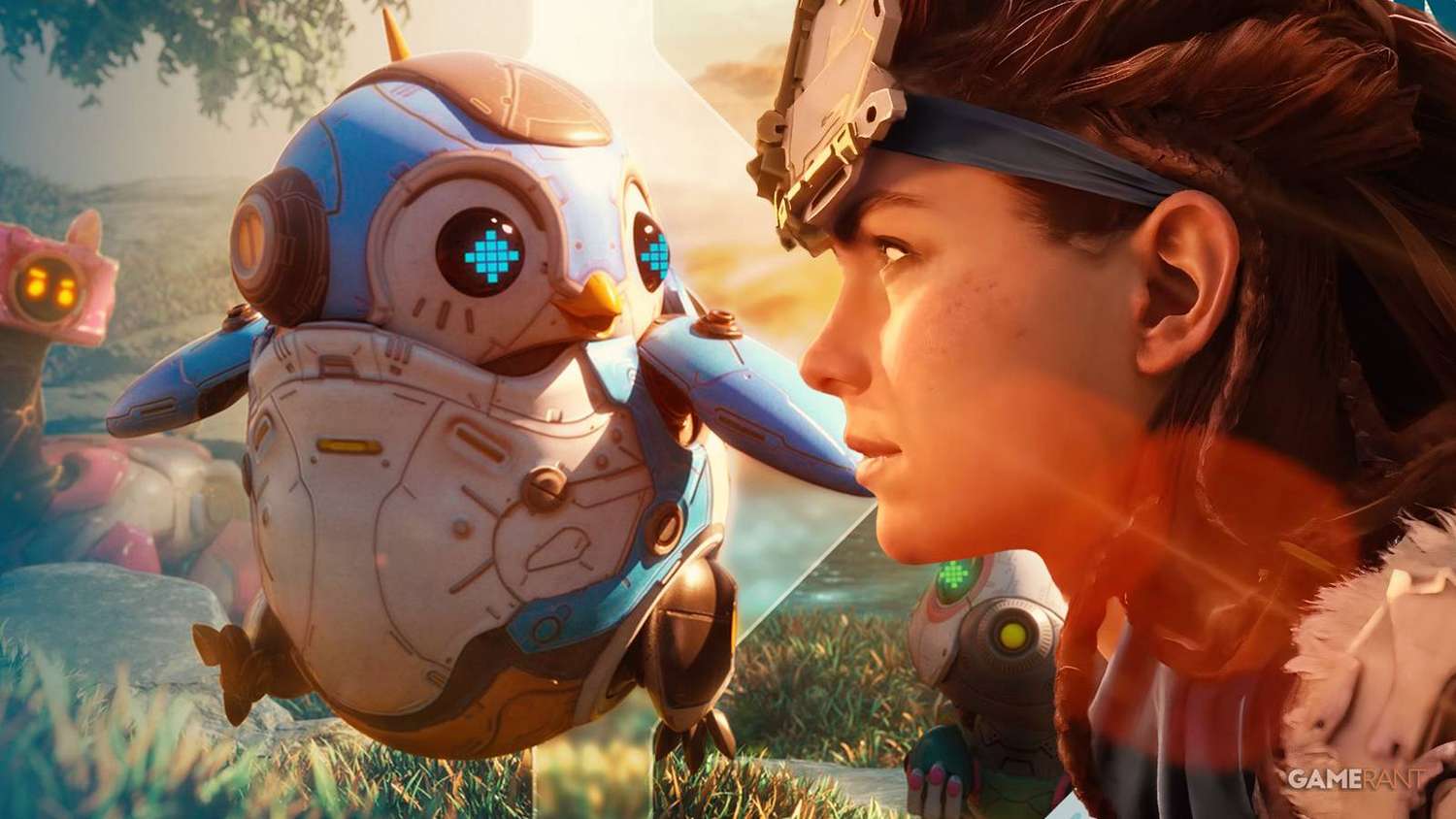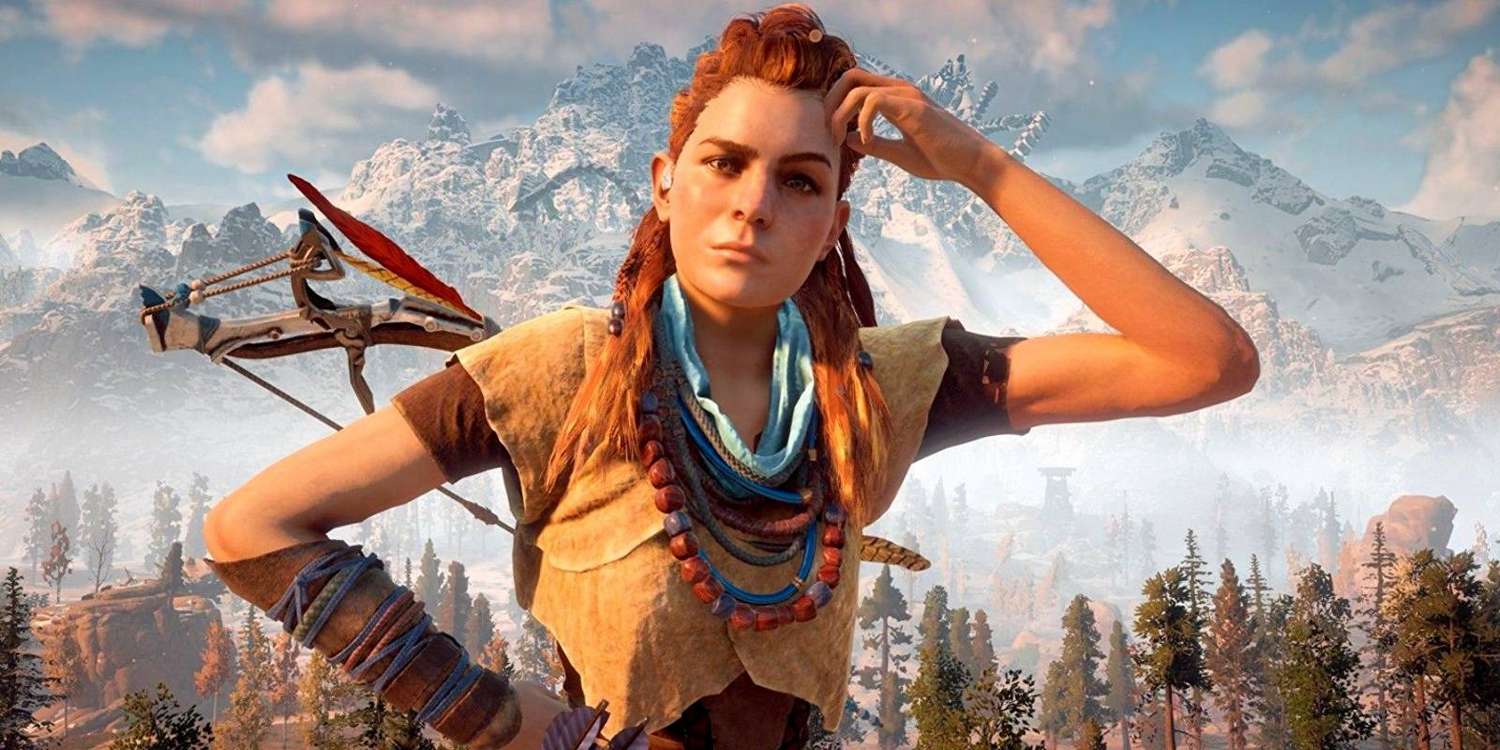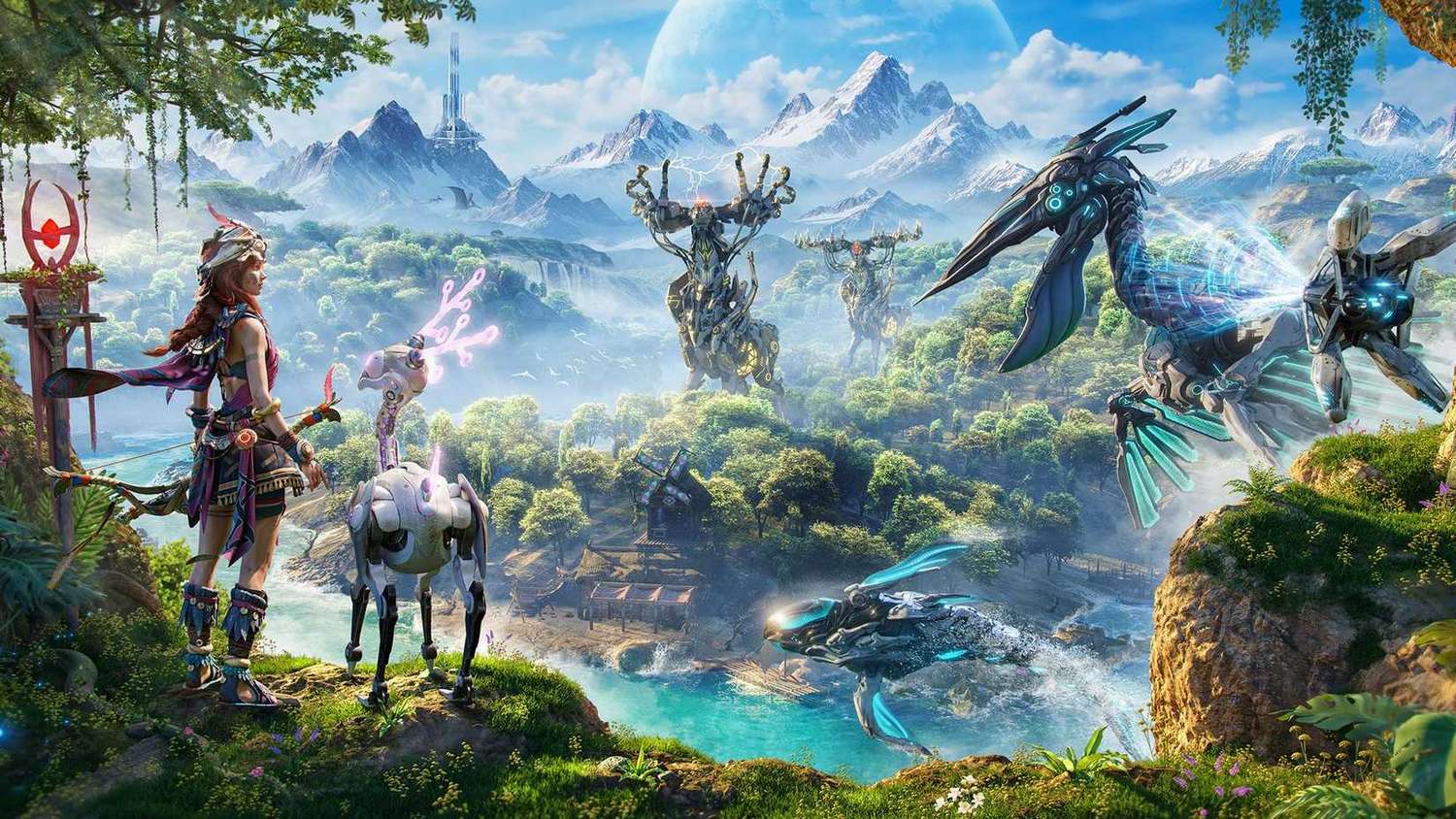Sony Escalates Legal Battle: Files Preliminary Injunction Against Tencent’s ‘Light of Motiram’ Over Alleged Horizon IP Infringement
Popular Now
 Auto X Drift Racing 3
Auto X Drift Racing 3
 Candy Crush Saga
Candy Crush Saga
 Brawl Stars
Brawl Stars
 Free Fire Max
Free Fire Max
 NBA 2K24
NBA 2K24
 Call of Duty
Call of Duty
 Rust
Rust
 Garena Free Fire: Kalahari
Garena Free Fire: Kalahari
 PUBG Mobile
PUBG Mobile
 Fall Guys
Fall Guys
 The Global Gaming IP Conflict Intensifies: Sony Seeks Pre-Release Halt on Tencent’s Alleged ‘Horizon’ Clone
The Global Gaming IP Conflict Intensifies: Sony Seeks Pre-Release Halt on Tencent’s Alleged ‘Horizon’ Clone
The high-stakes IP dispute between gaming industry giants Sony Interactive Entertainment (SIE) and Tencent Holdings has reached a critical juncture. SIE, the publisher behind the critically acclaimed Horizon Zero Dawn and Horizon Forbidden West franchise, has formally filed a motion for a preliminary injunction in a U.S. District Court, aiming to halt any pre-release promotion and potentially the future release of Tencent’s upcoming adventure title, Light of Motiram. This aggressive legal maneuver underscores Sony’s commitment to vigorously defending its intellectual property against what it terms a “blatant knock-off.”
The Core of the Dispute: Allegations of “Slavish Copying”
The lawsuit, initially filed in July 2025, centers on SIE’s assertion that Light of Motiram is a “slavish clone” of the Horizon franchise. Sony’s most recent court filings vehemently oppose Tencent’s motion to dismiss the case, which argued the elements in question were merely “time-honored tropes” found across the video game landscape. Sony has countered this defense as “nonsense,” arguing that the aggregation and specific execution of elements in Light of Motiram clearly infringe upon its protected copyrights and trademarks.
Key areas of alleged infringement highlighted by SIE include:
- The Protagonist: A flame-haired, tribal warrior huntress who, according to Sony, is a direct, confusingly similar copy of Horizon’s lead, Aloy, and infringes upon the “Aloy Character Mark” and its associated goodwill.
- A Post-Apocalyptic Setting: A world where primitive tribal civilizations coexist with colossal, animal-like robotic creatures.
- Visual and Aural Elements: Specific visuals, storyline beats, and a trailer melody allegedly too similar to compositions from the Horizon Zero Dawn OST.
Sony argues that this pervasive copying has already caused “irreparable harm,” citing numerous media reports and widespread gamer comments on social media that immediately labeled Light of Motiram a Horizon Zero Dawn knockoff upon its reveal.
Preliminary Injunction: A Strategic Legal Gambit
The motion for a preliminary injunction is a significant escalation. If granted, it would immediately bar Tencent from using the Aloy-like character, certain visuals, music, and potentially the entire game’s current promotional materials while the lawsuit proceeds. This move is particularly notable given Tencent’s argument that, with a projected release date of Q4 2027, Sony cannot demonstrate the “immediate threatened injury” required for such an injunction.
However, Sony asserts that the damage—specifically the loss of control over its valuable video game intellectual property and the confusion already generated among consumers—is immediate and ongoing. They are pushing for the injunction hearing to take place before the end of 2025, signaling a desire for a swift, decisive legal victory to protect the future commercial success and expansion plans for the Horizon series, which includes a forthcoming film adaptation.
Tencent’s Defense and the “Shell Game” Allegation
Tencent, one of the largest and most powerful companies in the global gaming market, has actively defended itself. In addition to claiming the use of well-trodden genre tropes, the company has recently made subtle changes to Light of Motiram’s promotional materials, including updating its Steam page to remove some of the most striking comparisons, such as the initial cover art and certain screenshots.
In response to this, Sony has accused Tencent of “playing a shell game” by obscuring which specific subsidiary (such as Polaris Quest/Aurora Studios) is responsible for the game’s development and marketing, allegedly to shield the parent company from liability. This corporate maneuvering adds a complex layer to the AAA gaming legal battle, forcing the court to navigate a complex web of international corporate structures.
Wider Implications for the Gaming Industry and Game Development Risks
This high-profile case carries considerable weight for the entire video game industry. A ruling in favor of Sony could set a powerful precedent regarding the protection of unique aesthetic combinations, character identity, and specific narrative elements, potentially increasing the game development risks for studios that borrow too heavily from successful franchises.
Conversely, a dismissal or an unfavorable ruling for Sony could embolden developers to interpret the boundaries of IP law more broadly, potentially leading to an increase in games that closely resemble established hits. This legal confrontation will ultimately define the limits of inspiration versus infringement in the development of new, next-gen games and the value placed on the goodwill of unique character designs like Aloy.
The legal teams are preparing for a major showdown, with the outcome of the preliminary injunction hearing expected to significantly influence the direction and timeline of this landmark copyright infringement games case. All eyes in the tech and gaming investment communities remain fixed on the U.S. court as the battle to safeguard a multi-billion-dollar franchise unfolds.









